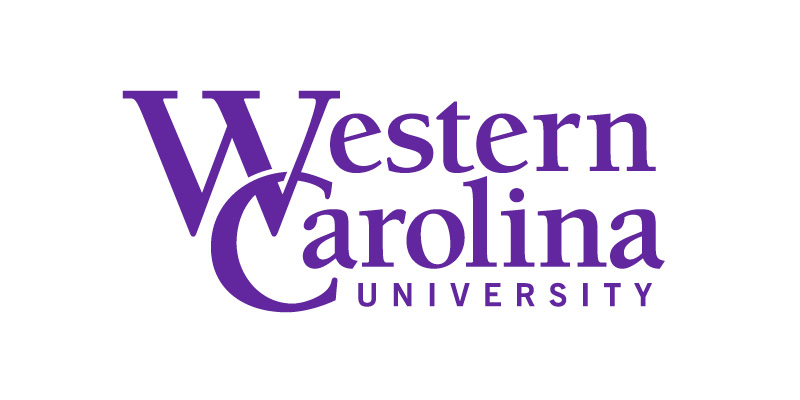Professor Don Connelly is offering a professional podcasting course at Western Carolina this semester to teach students the skills needed to plan, produce and distribute high-quality podcasts while exploring career opportunities in the growing podcasting industry.
The course provides students with the skills and industry knowledge needed to succeed in the continuously evolving world of podcasting.
“Podcasting may seem simple—just sit down and talk—but in reality, it takes research, preparation and strategy,” Connelly said. “I want our students to gain the knowledge and skills necessary to launch professional-quality podcasts.”
According to Connelly, successful podcasting starts with passion and a clear target audience. Students will learn to identify their niche, research topics and guests, and craft open-ended questions that lead to engaging conversations.
Beyond content creation, students will also master the technical aspects of podcasting, from episode planning to production, editing and distribution. Connelly emphasizes that discipline is key, as building an audience takes time and consistency.
“Podcasting isn’t a quick path to fame and fortune,” he said. “It requires patience and effort to grow a listener base and build a community.”
While many students begin podcasting as a hobby, Connelly highlights its professional potential. Companies such as John Deere and various government agencies are investing in podcasts to connect with customers and citizens.
“Podcasting is a growing field in corporate America,” Connelly said. “It’s not just about entertainment—businesses use podcasts to build relationships and engage their audiences.”
The projects students create in this course may also serve as portfolio material for COMM 486: Senior Seminar, helping them showcase their skills to future employers.
For those interested in the course, Creating Podcasts A to Z will be offered again in Fall 2025. Connelly encourages students to take advantage of the opportunity, emphasizing that podcasting is always evolving.
“In this field, you’re either moving forward or falling behind,” he said. “Staying in the status quo is not a good choice.”
###

